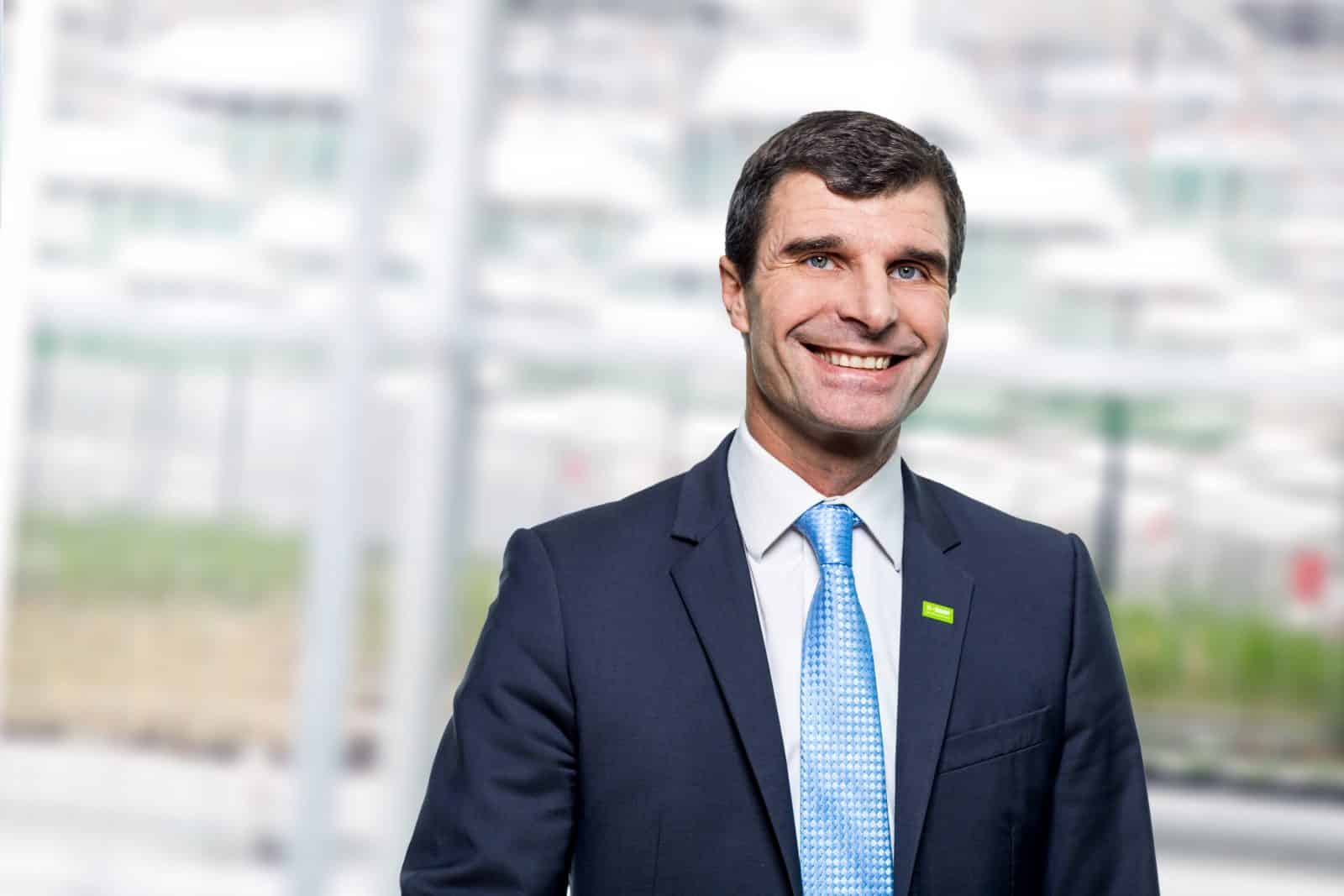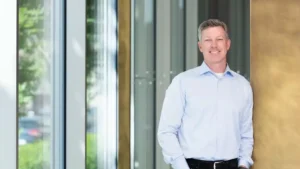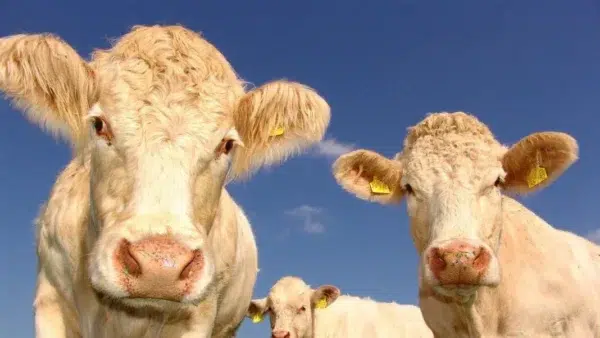Acquisitions, mergers change the business landscape.
Company names, product brands and staff have been shuffled in the recent wave of mergers and acquisitions within the seed industry and more changes are in store as these revamped corporations find their footing on the global stage. Although they’ve grown in scale, these businesses have promised collaborators and customers they’re still committed to bringing new agriculture solutions to market, believing that innovation can only be enhanced through their integrations.
Going into a new calendar and crop year, here’s where the transitions currently stand.
Bayer: Different But Familiar
Bayer officially became the new and sole owner of the Monsanto Company in June 2018, and they were allowed to combine their operations in August, meaning the integration of the two companies is still in the early stages.
“Various levels of leadership have been named, and leaders are just now starting the work to combine our facilities and employees,” a Bayer spokesperson said. “As you can imagine, this will take some time, but we’re united by our common focus on serving our customers during this time.”
Divestments, as required by the U.S. Department of Justice, means Bayer’s portfolio looks different, but familiar product names still endure.
“As we look toward the 2019 season and beyond, growers will be able to ask for the same brand names they’ve come to know and trust. Brands such as DEKALB, Asgrow, Channel, Delaro and the Roundup Ready Xtend Crop System retain their names, as does the rest of the portfolio that Bayer retained or acquired from Monsanto,” they said.
Additionally, Bayer pledges to bring more solutions to the marketplace.
“One of the most exciting aspects of the combination is that we’ll be bringing together our innovative capabilities under one roof, giving us the opportunity to serve growers with solutions tailored to their specific needs. And as we move ahead, we will continue to invest in innovation, research, partnerships and collaborations to create new technologies for farmers in the United States and around the world,” Bayer officials said in a statement.
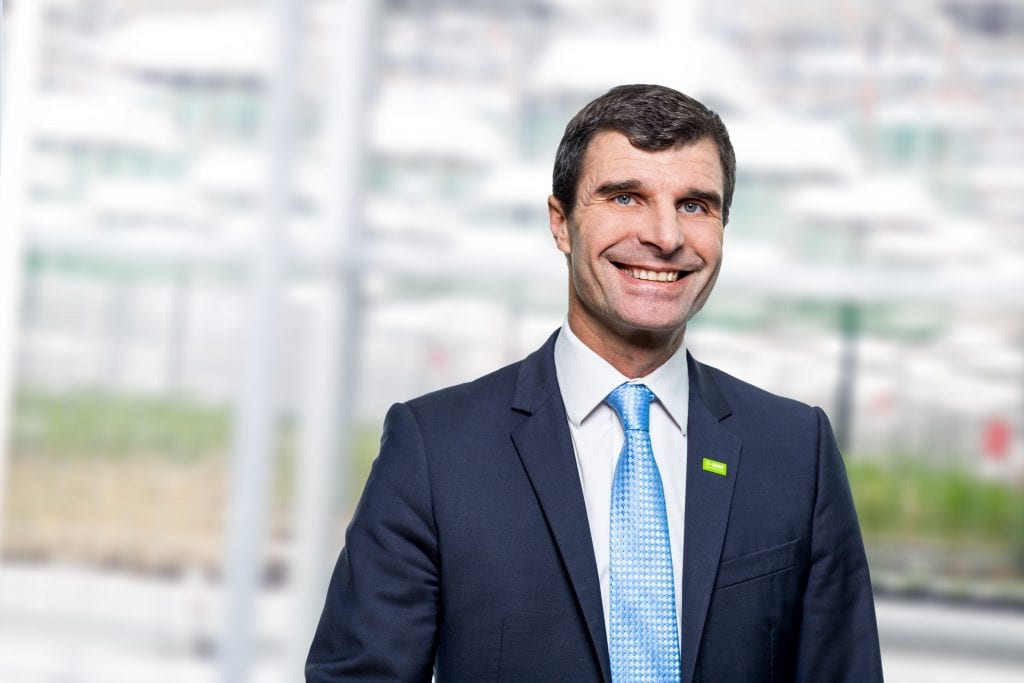
BASF: Optimizing Footprint
The past few months has seen BASF grow its business and global footprint with the acquisition of multiple Bayer product lines including seeds, seed treatments and herbicides, along with technology and research platforms, such as xarvio. The transaction also included the transfer of some Bayer employees and multiple facilities to BASF.
According to Vincent Gros, senior vice president for Global Integration Management in BASF’s Agricultural Solutions segment, the company’s holdings now include an additional five chemical production and formulation sites, 17 research and development sites and more than 200 regional seed production and breeding facilities around the world.
“As always, we evaluate opportunities to optimize our footprint to ensure we have the appropriate resources in place for the future,” he said.
More than 4,500 former Bayer employees officially joined BASF’s ranks in August; of those, approximately 1,600 are based in North America.
“Like all new BASF colleagues, they have joined onboarding programs, which include training on compliance and other key processes,” Gros noted.
Since the acquisition was finalized in August of this year, staff has been working on plans to structurally integrate their new businesses and by January 2019, observers can expect to see the company start to implement those plans.
One thing that won’t change going into the 2019 growing season is product names but, Gros said, “we are currently in the discovery phase and working closely with our newly-joined colleagues to design the path forward for all products and brands in every region.”
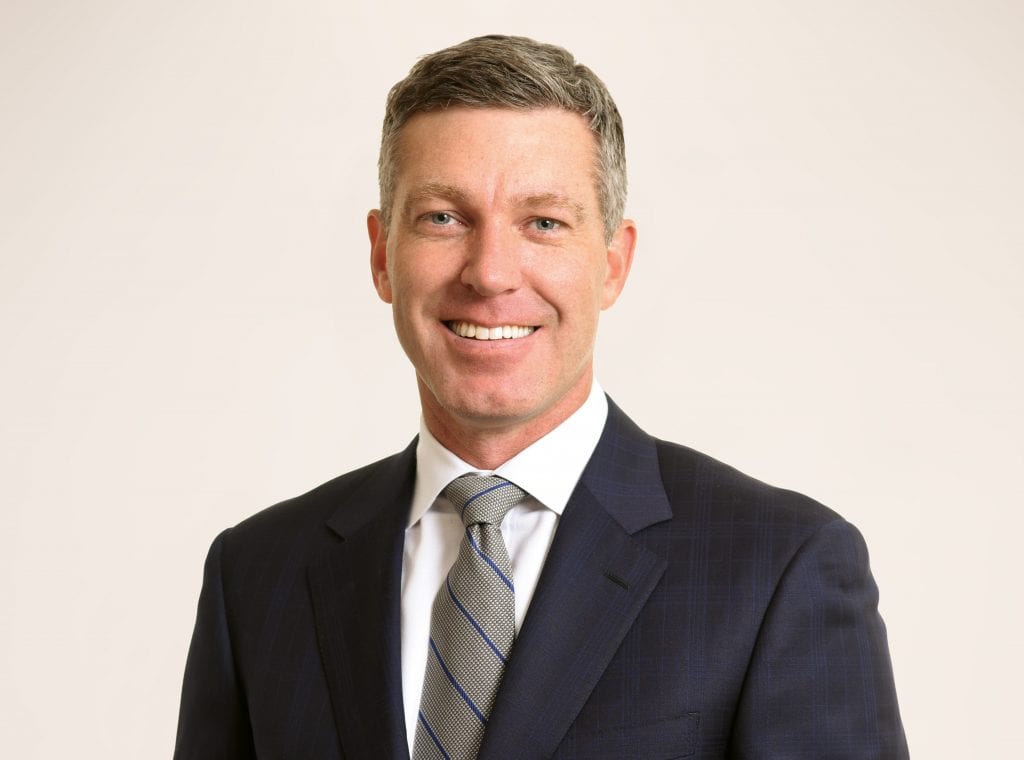
Syngenta: Doubling Down
“Syngenta has remained Syngenta. With a private owner who takes a long view, we’re able to focus on our customers and on providing growers with the products, services and innovation in crop protection and seeds that they need,” said Jeff Rowe, Syngenta president of global seeds and North America and China.Syngenta, acquired by ChemChina in 2017, said their company is at a particularly exciting phase in their transition.
This private ownership gives Syngenta advantages, Rowe said, like the uninterrupted investment in research and development that exceeds more than $1.3 billion per year in seeds, crop protection and digital agriculture.
Syngenta has also begun and will continue significant investments in North America, encompassing brands, staff and facilities. Rowe said they’ve already added seed advisors within their Golden Harvest brand and are in the process of rebuilding their NK retail brand.
“We’re adding significant staff to support retail — almost a three-fold increase — both in agronomy to help position and sell products properly on the right acre, and in account management to help retailers achieve their goals,” Rowe said.
This fall, Syngenta announced they would open a Global and North America Seeds office in the Chicago area, resulting in approximately 50 seeds business managers and employees relocating from other U.S. locations starting in early 2019. Rowe said the new Chicago facility will support the company’s long-term growth strategy and offers multiple advantages.
“It positions us geographically closer to our U.S. customers in the important corn and soy growing region; gives us access to an incredible talent pool for world-leading digital and tech innovation, and readily connects us to other key seeds markets globally through an excellent transportation hub,” Rowe said.
Since the ChemChina deal was finalized, Syngenta has added to their North America Seeds leadership team including David Hollinrake, named president of Syngenta Seeds, LLC and North America region director, and G.W. Fuhr, named head of U.S. Branded Sales and Biofuels.
DowDuPont: Now Corteva
Dow and DuPont successfully merged their operations in the fall of 2017 and now have set their sights on the separation of their Agriculture Division, Corteva Agriscience, by June 2019. In October, DowDuPont announced they had filed the necessary documents with the U.S. Securities and Exchange Commission for the separation.
When the merger was finalized in September 2017, DowDuPont officials said the new Agriculture Company would build on the strengths of DuPont Pioneer, DuPont Crop Protection and Dow AgroSciences. Corteva’s product portfolio will include 11 types of seeds and inoculants with some bearing the familiar Pioneer and Mycogen brands plus multiple crop protection options.
The new division will be headquartered in Wilmington, Del., with global business centers in Johnston, Iowa, and Indianapolis, Indiana.
“With the most balanced portfolio of products in the industry, nearly a century of agronomic expertise, and an unparalleled innovation engine, we are creating a new agriculture company that will work together with the entire food ecosystem to produce a secure supply of healthy food, sustainably and efficiently,” said James C. Collins, Jr., Corteva Agriscience’s chief executive officer-elect.


